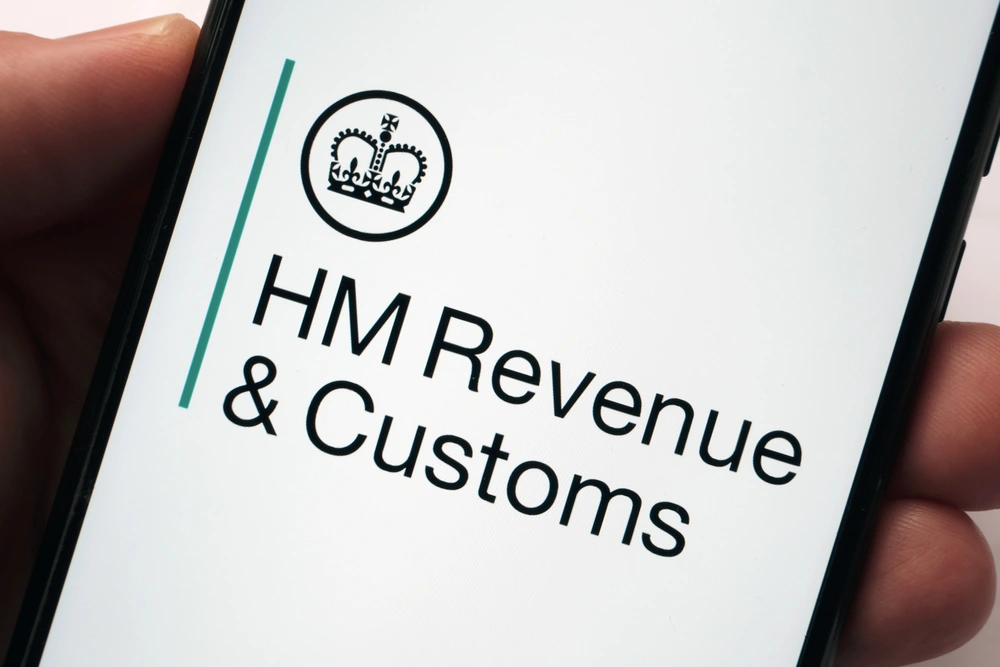Most bank accounts come with an overdraft facility these days, but can using an overdraft stop you from getting credit?
Did you know that an overdraft does still count as a debt? There are two main types of overdrafts out there - authorised and unauthorised. We take a look at the differences and how each can affect your ability to get credit in future.
How does an overdraft work?
An overdraft is a form of credit on your current account when your balance goes below zero.
- Authorised overdrafts (also known as arranged overdrafts) on current accounts have fixed credit limits which are pre-approved by the bank.
- Unauthorised overdrafts (also known as unplanned overdrafts) on current accounts go beyond the authorised limit and are not agreed with the bank in advance. If you don’t have an agreed overdraft facility on your account, an unauthorised overdraft counts as the credit you use when your balance drops below zero.
Authorised overdrafts can be convenient safety nets for short-term borrowing, which is usually used towards things like emergencies and unexpected bills. However it can become problematic for your credit file if you find yourself constantly in your overdraft.
Does an overdraft affect my credit score and ability to get credit?
An arranged overdraft should not affect your credit score as long as you stay within the agreed limit, but it will still show on your credit file as an outstanding balance. If you stay within your limit and pay off the balance in a timely manner, lenders could potentially see you as less of a risk to lend credit to in future (depending on their own criteria).
Credit in the form of an overdraft also contributes to your ‘credit utilisation ratio’, which shows how much debt you have accumulated out of the credit available to you. For example, if you are always near the top of your credit limit on your overdraft, you could have a high credit utilisation ratio, which could negatively impact your credit score and your ability to get credit.
Lenders may perceive this as a sign that you are struggling to handle your money. However, it doesn’t all rely on your overdraft balance, as the credit utilisation ratio is a broad approach which takes all of your debts into account. Read our blog on the optimal credit utilisation ratio for more information.
If you are consistently near the top of your credit limit or often in your unauthorised overdraft, this will cause more damage to your credit score than staying within your arranged overdraft. Each lender follows their own criteria, but it is likely to ring alarm bells if you are in this situation and appear to be struggling financially, which could negatively impact your ability to get credit.
Does being in your overdraft affect a mortgage application?
When you apply for a mortgage, the advisor will ask for various documents to support your application, including at least three months’ worth of bank statements. So if you are frequently using your overdraft (especially leading up to your application), it will become very apparent.
Each lender follows their own guidelines, however mortgage providers may be reluctant to approve your mortgage if it looks like you are constantly over your limit, or have a low credit score. All of this can give the impression that you are struggling with money and may not be able to meet your mortgage repayments, making it less likely that they’d offer you credit.
Check out our article giving you seven ways to get your credit score in shape for the new year.
Overdraft fees
Whether you have an authorised or unauthorised overdraft, interest and charges are often applicable, depending on the terms and conditions of your contract. Overdraft charges may consist of fees and interest. Some banks charge fees on a monthly, or even daily basis, so the costs can soon add up.
There are often more fees associated with unauthorised overdrafts than authorised overdrafts, as banks will penalise you heavily for using a facility without their prior permission. Transaction fees may also be applied on unauthorised overdrafts for each individual cash withdrawal, direct debit, standing order, cheque or debit card payment that takes you further into your overdraft.
Going forwards The Financial Conduct Authority (FCA) have announced that there is going to be a massive shake-up of the overdraft market in April 2020. They have proposed a range of changes, such as stopping banks and building societies from charging more for unarranged overdrafts than for arranged overdrafts.
The Chief Executive of the FCA, Andrew Bailey, said:
'The overdraft market is dysfunctional, causing significant consumer harm. Vulnerable consumers are disproportionately hit by excessive charges for unarranged overdrafts, which are often ten times as high as fees for payday loans.’
‘Consumers cannot meaningfully compare or work out the cost of borrowing as a result of complex and opaque charges that are both a result of and driver of poor competition.’
'Our radical package of remedies will make overdrafts fairer, simpler and easier to manage. We are simplifying and standardising the way banks charge for overdrafts. Following our changes we expect the typical cost of borrowing £100 through an unarranged overdraft to drop from £5 a day to less than 20 pence a day.’
According to the BBC, the FCA are aware that some banks could increase their authorised overdraft prices in light of the new rules that are due to come. So we think it’s best to check your current account for any upcoming changes, and think about switching bank accounts if you can find a better overdraft deal elsewhere.
What is the best way to pay off my overdraft?
If you have got into a cycle of becoming reliant on your overdraft, and feel like your wages are being swallowed up each month, there are some options to consider:
- Consider switching your bank account with your overdraft to one that charges less fees, to help you pay it off sooner.
- Check if you are applicable for a 0% interest credit card so you can clear your overdraft using a cash transfer. Then you just need to make sure you clear the credit card before the introductory 0% offer finishes (this length of time varies from bank to bank). A one-off fee is normally applicable for balance transfers, but this could still be less expensive than continuing to pay regular interest and charges towards your overdraft. Whether you can obtain a 0% credit card will depend on your credit score and individual circumstances, so there is no guarantee of being accepted.
- Consider closing your bank account with the overdraft and open a new account without an overdraft. Check whether your overdraft will automatically transfer over to your new bank account. Ideally, you want to keep it apart from your new account to separate your wages and bills from your debt. Then you can chip away at your overdraft each month.
- Create a budget to find ways you can cut back and make savings to put towards your debts.
- If you have any savings, consider putting them towards your overdraft. The amount of interest you pay on credit will usually be more than the amount you could gain on savings. If it is, you will save more money paying off the debt.
Adele is a personal finance writer with more than 10 years in the finance industry behind her. She writes clear and engaging guides on all things loans for Ocean, as well as contributing blogs to help people understand their options when it comes to money.
![Email icon]()
Become a money maestro!
Sign up for tips on how to improve your credit score, offers and deals to help you save money, exclusive competitions and exciting products!
Find this useful? Share it with others!









